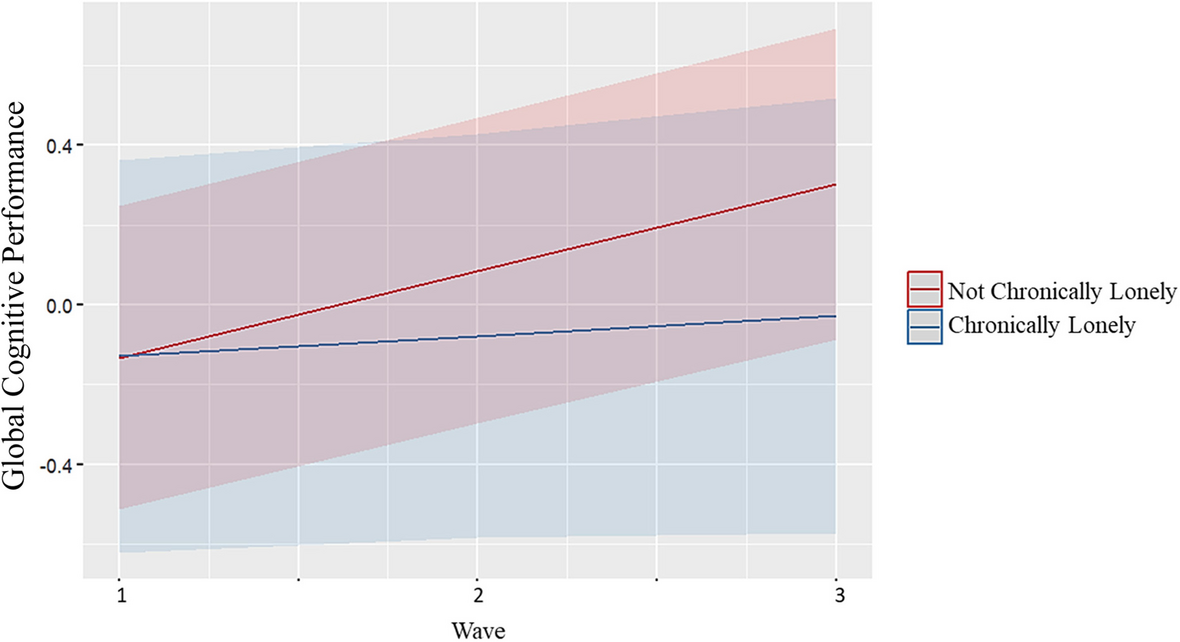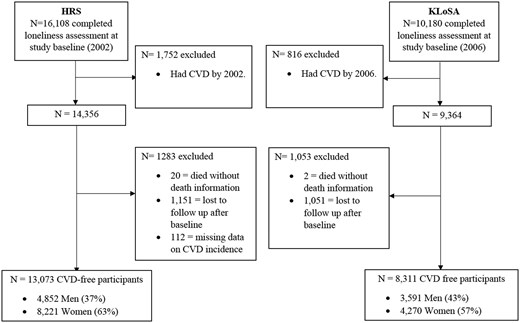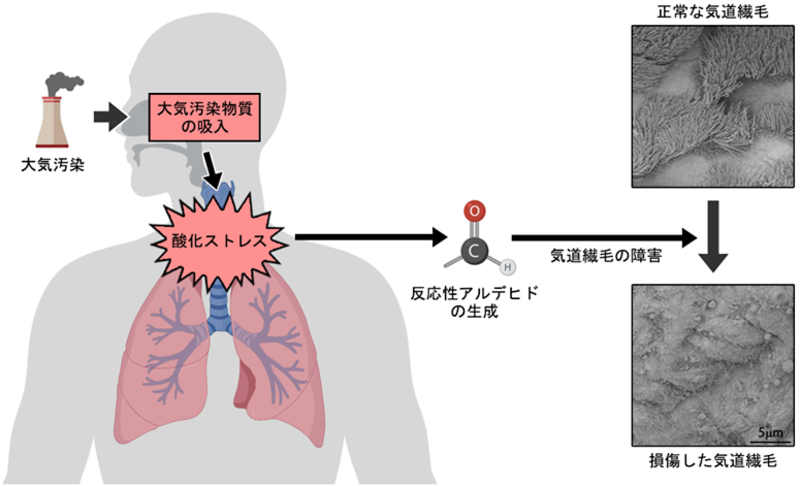2025-05-29 ペンシルベニア州立大学(PennState)
<関連情報>
- https://www.psu.edu/news/health-and-human-development/story/chronic-loneliness-may-harm-cognitive-health-young-adults
- https://link.springer.com/article/10.1186/s12889-025-22313-2
慢性的な孤独と認知機能の縦断的変化 Chronic loneliness and longitudinal changes in cognitive functioning
Jee eun Kang,Lynn M. Martire,Jennifer E. Graham-Engeland,David E. Almeida & Martin J. Sliwinski
BMC Public Health Published:29 March 2025
DOI:https://doi.org/10.1186/s12889-025-22313-2

Abstract
Background
Loneliness is a worldwide concern with significant health implications that may be a significant risk factor for Alzheimer’s disease and related dementias. In light of the importance of detecting early cognitive changes and risk factors influencing cognitive health, this study examined whether chronic loneliness predicted cognitive changes among young and middle-aged adults.
Methods
This study utilizes data from a longitudinal measurement burst study spanning over two years, comprising three waves of data collection. A systematically recruited young to mid-life adult sample (25- 65 years) included 172 racially and economically diverse participants who provided information about loneliness for at least two consecutive waves. Chronic loneliness was defined based on the validated multi-item PROMIS Social Isolation scale. We assessed working memory, processing speed, and spatial memory in a measurement burst design using mobile cognitive assessments. Multilevel growth models were conducted to examine whether chronic loneliness was associated with changes in cognitive performance during the study period of up to two years.
Results
Results revealed that chronic loneliness was not associated with baseline performance of working memory, processing speed, spatial memory or global cognitive performance, but chronic loneliness was associated with differential cognitive trajectories, specifically a lack of retest related improvement. There were no significant changes in cognitive performance for the chronic loneliness group across waves, whereas significant improvements were observed in those who were not chronically lonely.
Conclusions
This study offers insights into the impact of chronic loneliness on cognitive changes in young and middle-aged adults, revealing that chronically lonely individuals did not exhibit the practice-related improvements that are commonly observed in longitudinal studies. Findings suggest the potential significance of identifying and addressing chronic loneliness promptly to prevent potential cognitive consequences of chronic loneliness.


